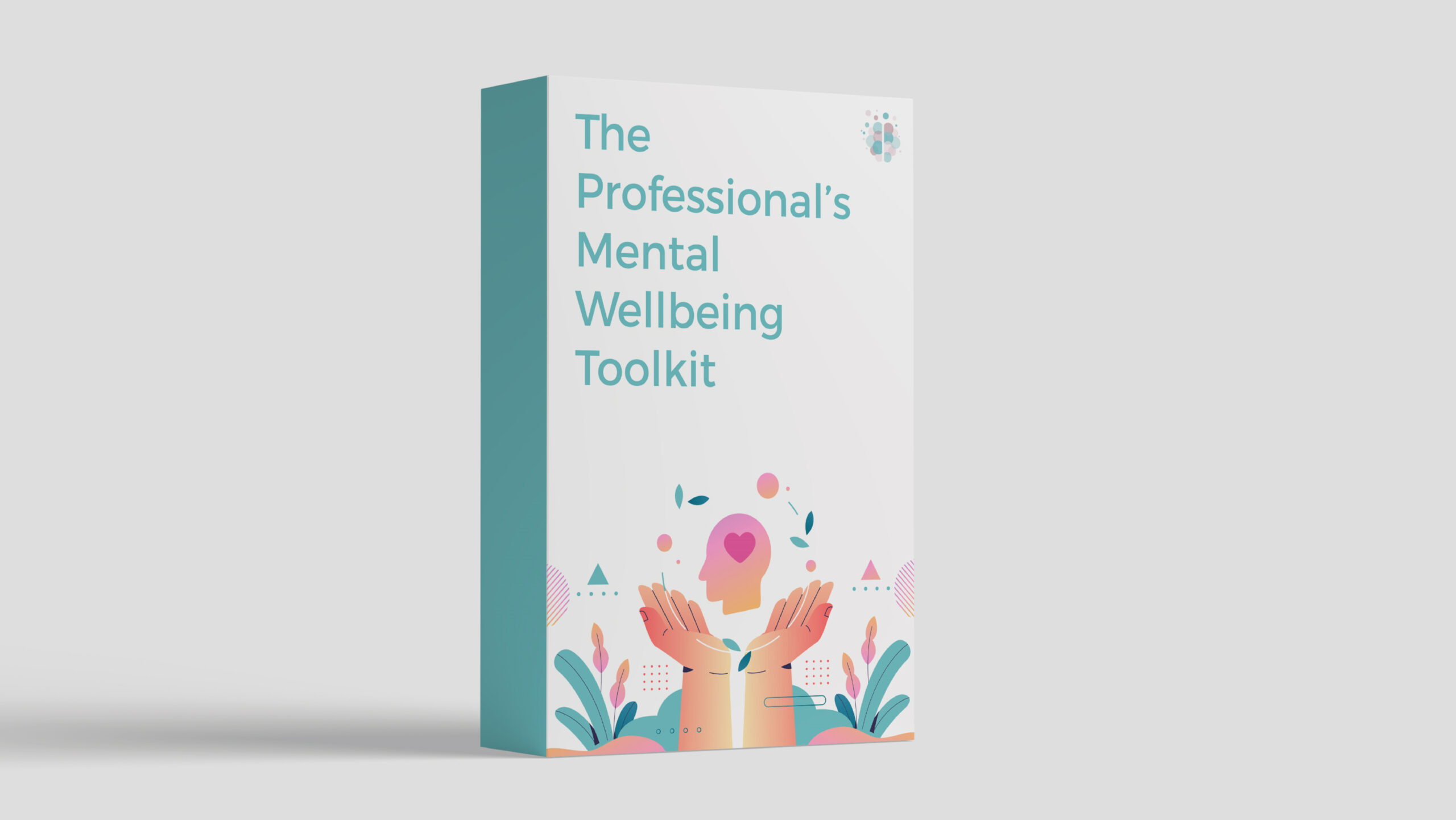There are few situations more frustrating than working with a client who doesn’t seem open to coaching. As a coach, you want to help your client reach their goals, yet there’s only so much you can do when a client is unreceptive to coaching.
In this article, we share some common signs that someone may not be ready for a coach, plus what to do if you find yourself working with a client who is resistant to coaching.
1. They’ve Worked With Multiple Coaches Without Success
One of the first signs that a prospective client may not be ready for coaching is that they’ve worked with several coaches without success. This might sound like, “I’ve worked with multiple coaches but none of them worked out.”
Importantly, sometimes a coach and client simply aren’t a fit, and the person can benefit from a different approach. However, if a prospective client bounces from coach to coach without generating results, it may be a warning sign that they’re not ready for coaching.
During your initial consultation, be sure to ask what didn’t work with their previous coaches, as well as what they envision as being different this time around. Also, spend ample time in the first coaching session setting realistic goals.
2. They Have a Fixed Mindset
Someone with a fixed mindset tends to believe that their abilities, intelligence, and qualities are fixed traits that cannot be changed.
This kind of mindset can make it challenging to coach them for several reasons:
- Fear of failure: People with a fixed mindset often have a strong aversion to failure because they view it as evidence of their limited abilities. They may avoid taking risks or challenging themselves because they believe failure would confirm their fixed limitations, making it harder for them to step out of their comfort zone and explore new possibilities.
- Lack of resilience: When faced with setbacks or obstacles, individuals with a fixed mindset may be more likely to give up easily. They may view setbacks as indications of their inherent shortcomings rather than temporary roadblocks that can be overcome with effort and perseverance.
- Limited belief in effort: People with a fixed mindset tend to underestimate the power of effort and hard work in achieving success. This limited belief in the efficacy of effort can lead to a lack of motivation and a reduced willingness to invest time and energy in the coaching process.
If you detect that a client has a fixed mindset, you can explore their beliefs about their abilities and try to help them to see how their mindset may be holding them back from reaching their full potential.
You could also support the client to recognize and understand the concept of fixed and growth mindsets. Explain the benefits of a growth mindset, such as increased motivation, resilience, and personal growth, and share some helpful resources for them to review outside of your coaching sessions.
Studies have in fact shown that interventions focused on promoting a growth mindset can lead to significant changes in individuals' beliefs and behaviours. Check out this article for more tips on how to help clients cultivate a growth mindset.
3. They Want Instant Results
On a similar note, you want to be on the lookout for people who expect results without putting the necessary time and energy into coaching.
Merely showing up to coaching sessions isn’t enough. Clients must put be ready to put in the effort if they want real, lasting change.
You may wish to ask prospective clients about their timeline for achieving their goals, as well as their capacity and bandwidth for homework between sessions, because coaching isn’t a magic pill or overnight process.
How to Repsond?
While an initial consultation or chemistry call will hopefully weed out the most uncoachable clients, some will inevitably slip through the cracks. So, what do you do if you find that your client seems resistant to coaching?
First off, reflect on your role in the situation. Ask yourself whether there’s something standing in the way of you being as effective as possible with this client. If you have a supervisor or mentor, be sure to check in with them.
Next, consider whether the client may benefit from additional support beyond coaching, such as therapy, since not all situations are best resolved exclusively through coaching. Check out this article for more information on this.
Additionally, envision what it would look like to be candid with your client and provide them with the gift of honesty. You might say something along the lines of, “I notice some resistance when I suggest ____. What’s that about?”
Finally, ask yourself if it makes sense to refer your client to another coach who might be better able to serve them. Some clients may benefit from another professional with a different coaching methodology or perspective.
Final Thoughts
Please know that if you end up working with a client who seems resistant to coaching, it doesn’t mean that you’re a failure as a coach or a person. Perhaps you simply weren’t the right fit for each other, which is something that happens to the best coaches. You’ve got this!
Support Clients With Their Mental Wellbeing
Want a library of practical tools to share with clients? Check out The Professional's Mental Wellbeing Toolkit today. It's "everything you need all in one place."

About Kyle
Dr. Kyle Elliott, MPA, CHES (he/him/his) is the founder and career coach behind CaffeinatedKyle.com. He is an official member of the invitation-only Forbes Coaches Council, a member of the Gay Coaches Alliance, and a Stability Leader with The Stability Network.
Kyle’s words have been featured in Business Insider, CNBC, CNN, Entrepreneur, Fast Company, Forbes, Fortune, and The New York Times, among dozens of other leading publications. When not helping Silicon Valley’s top talent find jobs they LOVE, you will find him at Starbucks or Disneyland.



